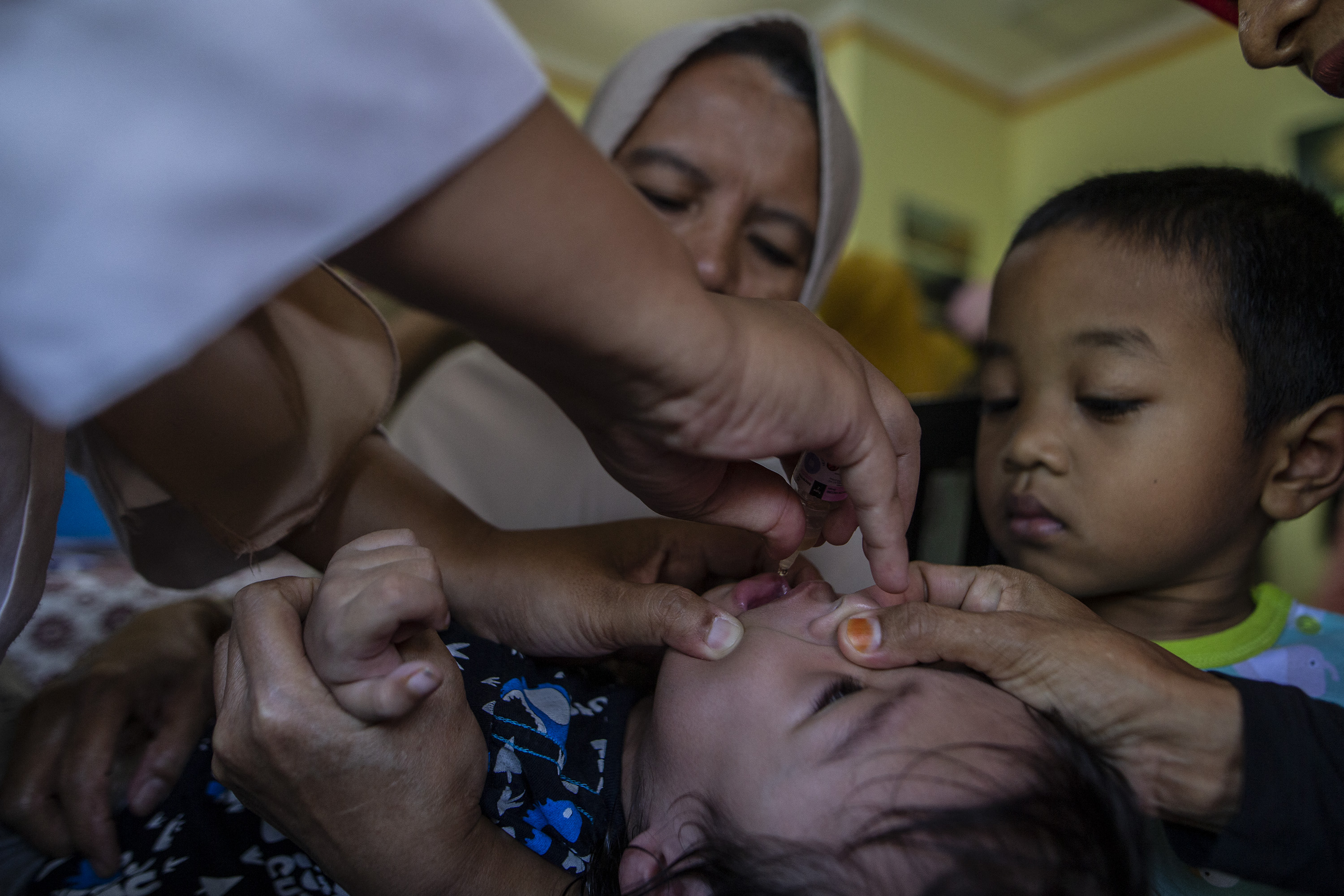
WASHINGTON/PARIS - US President Donald Trump's administration plans to end US funding for Gavi, an organization that helps buy vaccines for children in poor countries, and will scale back efforts to fight malaria, according to a document prepared by the US Agency for International Development.
The document, reviewed by Reuters on Wednesday and shared with Congress earlier this week, lists international aid programs that will be dismantled as well as those that will be retained.
The administration will go on funding some grants that pay for drugs to treat HIV and tuberculosis and provide food aid to nations experiencing civil wars and natural disasters, according to the document, which was first reported by the New York Times.
ALSO READ: WFP: Funding shortages may halt global child malnutrition programs
The administration has drastically scaled back foreign aid since Trump took office on January 20, with around 80 percent of contracts abruptly cut to align with his "America First" policy.
A senior official with the US Agency for International Development this month said the dismantling of the agency will result in unnecessary deaths.
The 281-page document lists 898 programs that will remain active, totaling $78 billion in spending, much of it already disbursed.
In total, 5,341 awards will be terminated, representing just under $76 billion, the document says. The government has obligated, or made a legal commitment to spend, around $48 billion of that total.
"Each award terminated was reviewed individually for alignment with agency and administration priorities," a State Department spokesperson said, adding those terminated did not meet those priorities or advance the national interest.
ALSO READ: USDA cuts hit food banks, risking hunger for low-income Americans
"Critical USAID program awards remain active," the spokesperson said.
Gavi said that US funding for its operations, around $300 million annually, was vital.
"If we don't get US support, that translates into 1.2 million deaths" over the next five years, among children who will be unprotected against deadly diseases like measles and diphtheria, chief executive Sania Nishtar told Reuters.
Nishtar will travel to Washington next week with Gavi's board chair, Jose Manuel Barroso, in a pre-planned trip that will now make the case for continued US funding.
"I really look forward to engaging," she said, saying that the list of who she will meet was not finalized. But while she said Gavi had yet to be informed in writing of the US termination, inclusion on the list was worrying.
READ MORE: Vaccine doses allocated for nine African countries hardest hit by mpox
"We hope that a final decision has not been made," she said, stressing that Gavi was a "best buy" at a time when resources are constrained, saving children's lives and protecting global health security simultaneously through initiatives like a stockpile of Ebola vaccines. It also works with countries to transition out of support as their economies grow, making it sustainable, she added.
UN spokesperson Stephane Dujarric said the United Nations was a tremendous supporter of Gavi. He described it as "an amazing symbol of multilateral cooperation, of public-private cooperation, in the fight against diseases - diseases that know no borders".
"We encourage everyone to give and give generously," he said.


